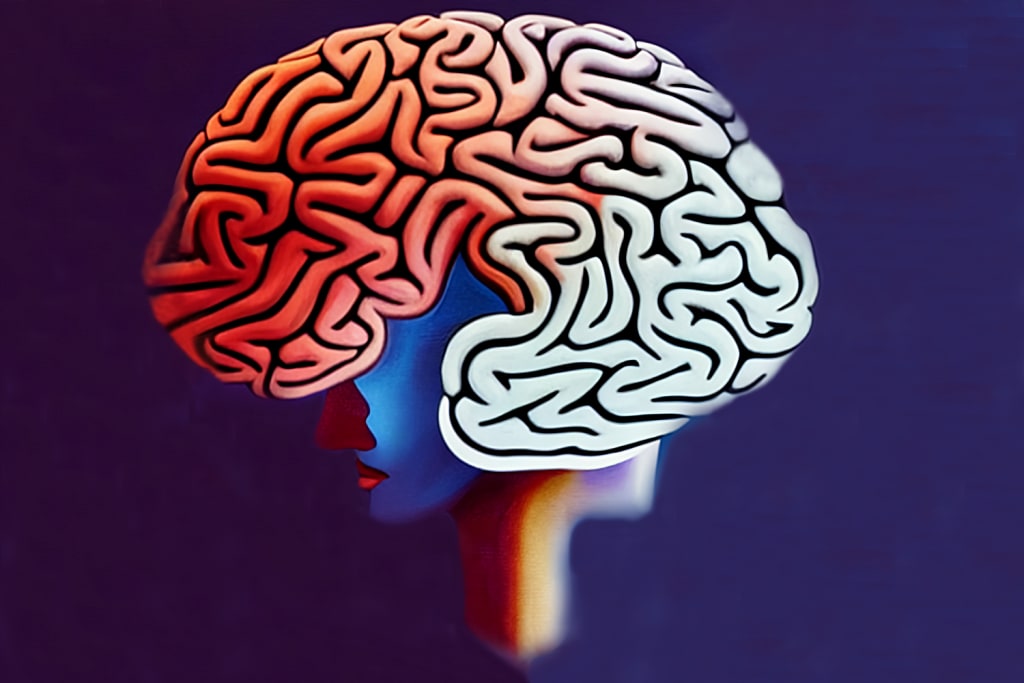
The human brain is one of the most complex and fascinating structures in the known universe. It contains around 100 billion neurons, each of which can form thousands of connections with other neurons, creating a complex network of information processing and transmission.
Despite decades of research, there is still much we don't understand about how the brain works. However, we do know that it is responsible for everything from our thoughts and emotions to our movements and sensory experiences.
One of the most remarkable things about the brain is its ability to change and adapt over time. This phenomenon, known as neuroplasticity, allows the brain to reorganize itself in response to new experiences, learning, and injury.
For example, when we learn a new skill or form a new memory, our brain cells form new connections with one another, strengthening the networks of information that allow us to recall that information later. Similarly, if one area of the brain is damaged due to injury or disease, other parts of the brain can sometimes take over its functions, allowing the person to continue to function despite the damage.
The study of the brain has come a long way in recent years, thanks in part to advances in neuroimaging technology. Functional magnetic resonance imaging (fMRI) allows researchers to see which parts of the brain are active during various tasks and experiences, providing new insights into how the brain processes information.
One area of research that has been particularly exciting in recent years is the development of brain-computer interfaces (BCIs). BCIs allow people to control devices using only their thoughts, by detecting and interpreting the electrical signals produced by the brain. This technology has enormous potential for helping people with disabilities, allowing them to regain control over their movements and interact with the world in new ways.
However, as with any new technology, there are also ethical concerns associated with BCIs. For example, there are questions around who should have access to the technology, and whether it could be used for nefarious purposes, such as mind control.
Despite these concerns, the study of the brain and its incredible capabilities continues to be a fascinating and important field of research. As we continue to learn more about how the brain works, we may unlock new ways to treat neurological and psychiatric disorders, and even enhance the abilities of healthy individuals.
In conclusion, the human brain is a marvel of evolution and one of the most complex structures in the known universe. Its ability to change and adapt over time, and its potential for new technologies like brain-computer interfaces, make it a topic of endless fascination and exploration. As we continue to unravel the mysteries of the brain, we may find new ways to improve our own lives and the lives of those around us.
The article written by the AI language model is a detailed exploration of the human brain and its capabilities. The article begins by highlighting the complexity and fascinating nature of the human brain, which contains around 100 billion neurons that form a complex network of information processing and transmission. The article goes on to discuss the brain's ability to change and adapt over time, a phenomenon known as neuroplasticity. The author explains how neuroplasticity allows the brain to reorganize itself in response to new experiences, learning, and injury.
The article also touches on the advances in technology that have allowed researchers to study the brain in more detail, including functional magnetic resonance imaging (fMRI) and brain-computer interfaces (BCIs). The author notes the potential of BCIs to help people with disabilities, but also acknowledges the ethical concerns associated with this technology.
Overall, the article provides a well-written and informative overview of the human brain and its capabilities, including its potential for new technologies and the ongoing research into understanding how it works.
About the Creator
Ihsan Alp
I am a freelancer with very high knowledge of writing, translation and software programs.






Comments
There are no comments for this story
Be the first to respond and start the conversation.